Shormita explores the world of the queers and asks why it is being questioned even now. An exclusive for Different Truths.
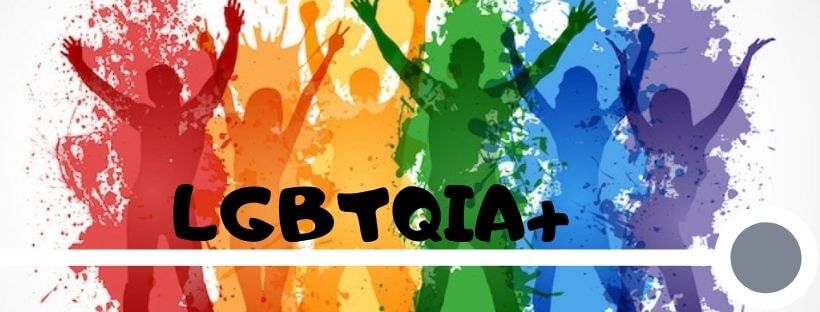
The word queerness comes from queer; it describes gender or sexual identity of a person other than heterosexual people. Queerness is behaviour found in the queer individuals, in simple words, it means strange or peculiar behaviour. But it has been observed that when a person is labelled as queer, then their gender identity is being questioned. There exists a disparity in society for the queer people because of their sexual orientation. Queer is an umbrella term used for the homosexuals, transgenders and asexuals.
The question arises why is it considered strange? A few decades ago, queer personalities were tagged as abnormal for their choice of gender. The role of gender binary plays an essential role in the gender structure, which comprises males and females. It has been believed that the only intimate relationship that exists in nature is between males and females. Other relationships like men liking men or women liking women and the existence of the transgenders are not likely to be believed in society. Moreover, the stereotypical mindset of the people for homosexuals and transgenders leads to form taboo within society. This could possibly be the cause why their gender identity is a question mark in society.
… the stereotypical mindset of the people for homosexuals and the transgenders leads to form taboo within society.
In the late 20th century, the emergence of queer theory marked a new beginning for queer people. Abrams and Harpham state, “Queer theory is often used to designate the combined area of gay and lesbian studies…” (327). The idea of queerness challenges the gender and sexuality role in the structure of society. It is important to understand what it means to be a part of the queer community. This community shares a similar kind of history in the past, they all have been through discrimination and marginalisation for their unique identity.
We can list some of the literary writers who have dealt with homoerotic subjects, which include Plato, William Shakespeare, James Baldwin, Oscar Wilde, W.H. Auden, Andre Gide, Marcel Proust, Walt Whitman, Adrienne Rich, Audre Lorde, Christina Rossetti, etc. There is a number of queer theorists who have adopted the deconstructive method to show the binary oppositions of Western culture, like heterosexual/homosexual, male/female, natural/unnatural. We can observe that the first category mentioned above is assigned centrality and power, while the second category is defined as submissive and marginalised.
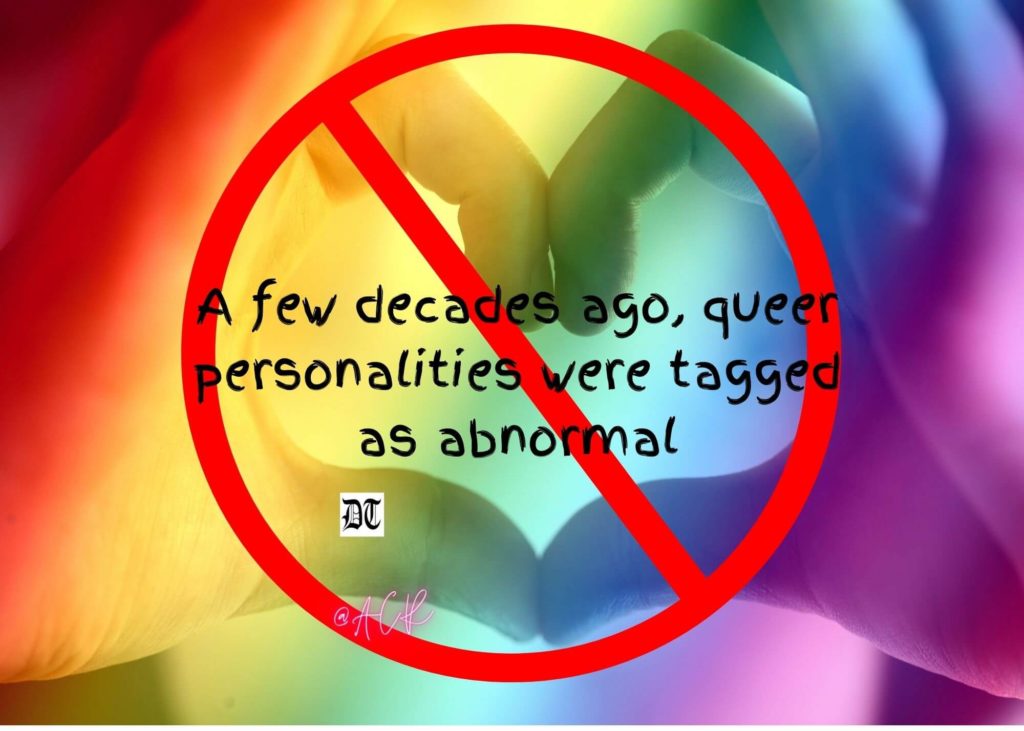
We can list some of the literary writers who have dealt with homoerotic subjects…
“Queer individuals are going through complex dilemma from a very young age due to their gender identity and sexuality, as they are not able to understand what the difference between the biological and psychological aspects within them is.” (Vishwakarma, 46) This is one of the main reasons that queer people could not comprehend the difference between the sex and gender of a person at a very tender age. The societal pressure laid upon them instructed them to follow the gender binary system. The depiction of the LGBTQIA+ community in mainstream society is not correct since the time it has been introduced. It is the foremost duty of the government and the social activists as well as the society to start treating queer identities as equal. They should not be questioned for their uniqueness, as it is normal in Nature itself.
References
Abrams, M.H. & G.G. Harphan, A Glossary of Literary Terms. Cengage Learning: Delhi, 2015.
Vishwakarma, Shivani. ‘Gender Secularism: Women and Queers.’ Women and Queers: The Marginalized Gender. Ed. by Shormita Bose. Sankalp Publication: Chattisgarh, 2020. Pp 42-47.
Visuals by Different Truths

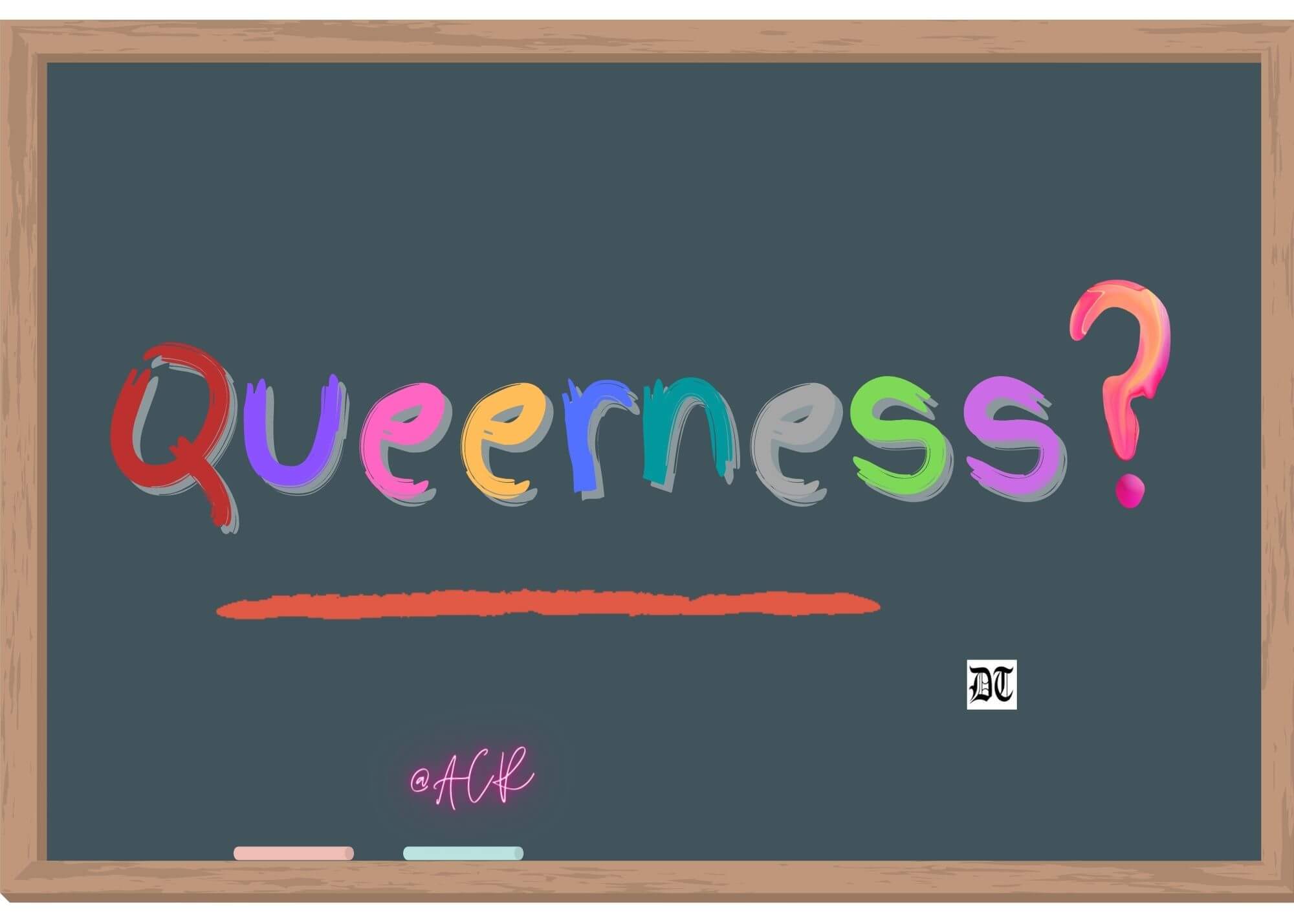



 By
By
 By
By
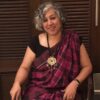 By
By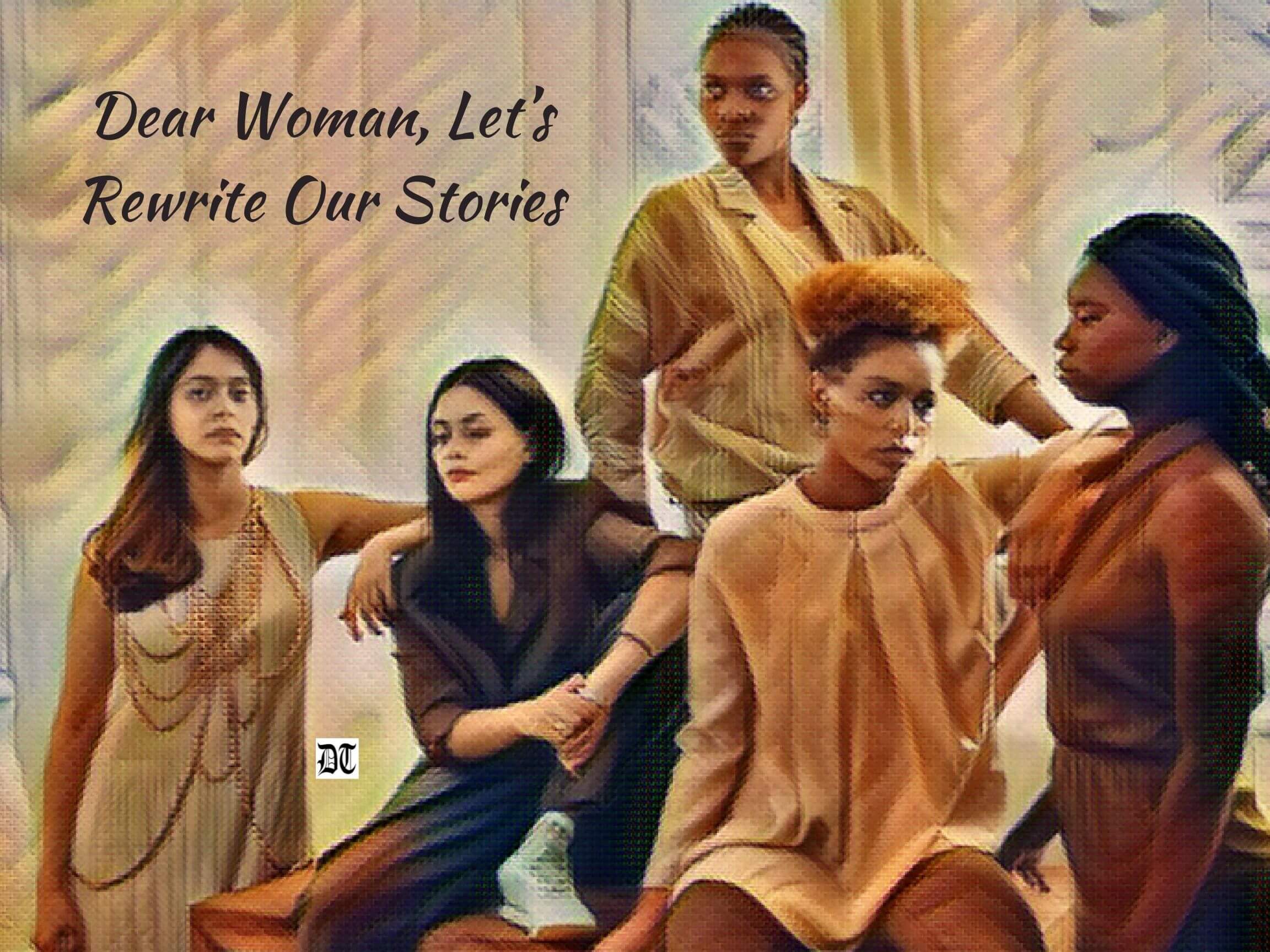
 By
By